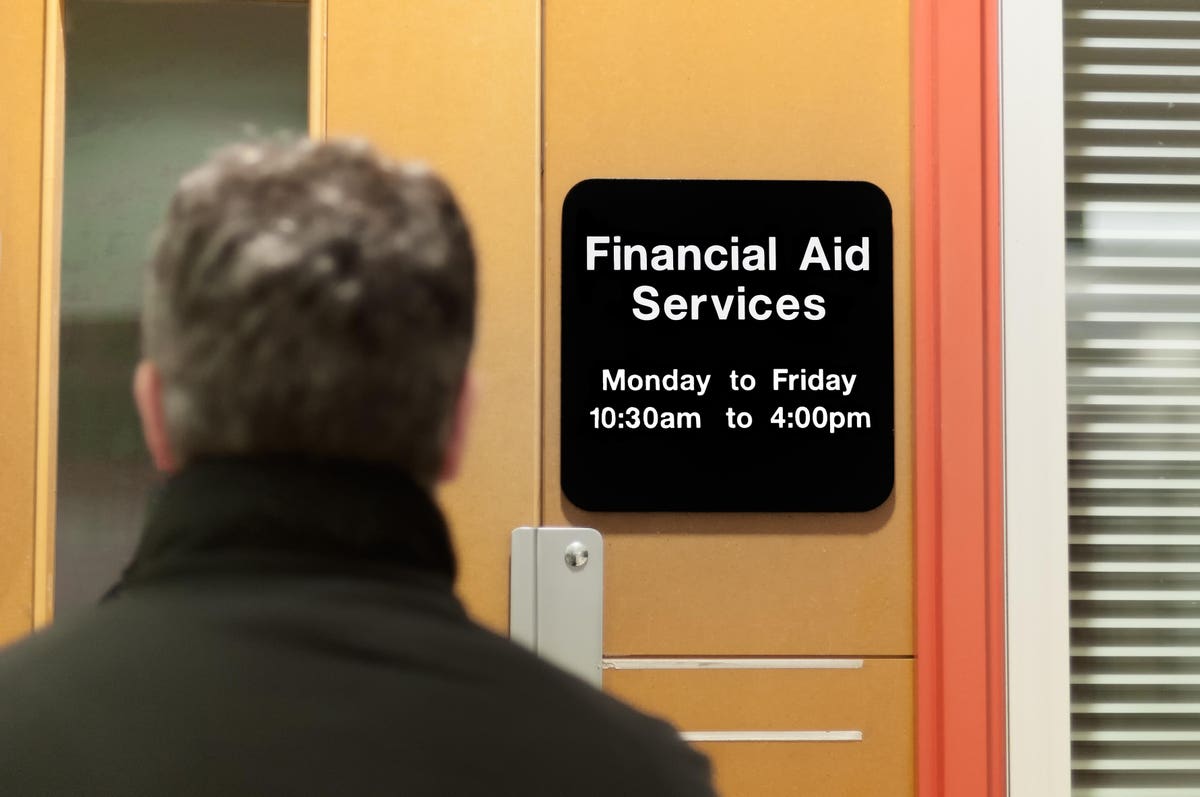New America, where the author works, has advocated for passage of the Understanding the True Cost of College Act.
College is one of the most expensive transactions people make in their lives. Buying a house or a car are the only other things that cost as much or more than a college education. And yet, no standard disclosures are available to help students and their families figure out how much they are paying and how the price one college is giving them compares to another. Ohio is aiming to change this dynamic with a new law aimed at improving transparency for students.
Students need to know how much college will cost them and how much they will get in grants and scholarships so they can plan appropriately. Without accurate information, it is much more difficult for students to know how much to borrow and budget for all their college expenses. This lack of knowledge can leave students and be unable to make ends meet if they think their financial aid will go further than it does, a problem that research shows a large percentage of students struggle with every year.
ADVERTISEMENT
In an attempt to fix the problem of opaque college prices, the Ohio State House of Representatives recently passed a bill (Ohio House Bill 27) that requires colleges in the state to provide students with a simple one-page disclosure. The form is intended to break down the net cost of their degree, detail how much financial aid they will receive, adequately explain the difference between grants and loans and provide some information on their likely earnings post-graduation.
The problem of opaque college costs and attempts to fix it are not unique to Ohio. New Jersey passed a similar law in 2021, and Virginia joined in with a different approach in 2022. The Virginia law places the burden of providing information about college costs on high schools rather than colleges, which might be harder to implement effectively given the significant variations in costs between different colleges and universities.
In 2019 in light of research highlighting problems with financial aid offers, Congresswoman Foxx (R-N.C), now chair of the House Education and the Workforce Committee, requested the Government Accountability Office (GAO) to study the issue further. Evidence from that recently published report shows that colleges generally fail to provide students with clear financial aid information.
ADVERTISEMENT
The GAO’s findings were so damning—only 91% of colleges were failing to meet best practice standards—they called on Congress to legislate a fix, an unusual move from an agency that tends not to call for legislation in its reports. Congress does have a proposed fix for the issue: The Understanding the True Cost of College Act.
The bi-partisan Understanding the True Cost of College Act (UTCCA), recently included in a package of higher education-focused bills introduced by Republicans in the Senate, is meant to solve the problem of confusing financial aid offers by providing clear guidance to institutions about the standard terminology they should use in their financial aid communications. The proposed law also requires institutions to provide an easy-to-understand financial aid notice that will be developed using consumer testing and input from students, parents, and financial aid administrators.
State-level laws can improve the situation for some students, but one of the goals of national legislation is to provide all prospective college students with the same information so they can easily compare how much different colleges will cost if they choose to attend.
ADVERTISEMENT
The UTCCA has existed since around 2012 but has not gained enough traction among lawmakers to be passed into law. It is possible that its inclusion in this larger package of Republican-sponsored bills will provide the legislation with new momentum.
Research demonstrates a college degree is one of the best ways to obtain and maintain financial security, but knowing how much things will cost from the start is a vital part of choosing whether to go to college in the first place. Better information can help students with that decision. Few issues have bipartisan support in the current Congress, this could be one of them.
Read the full article here




